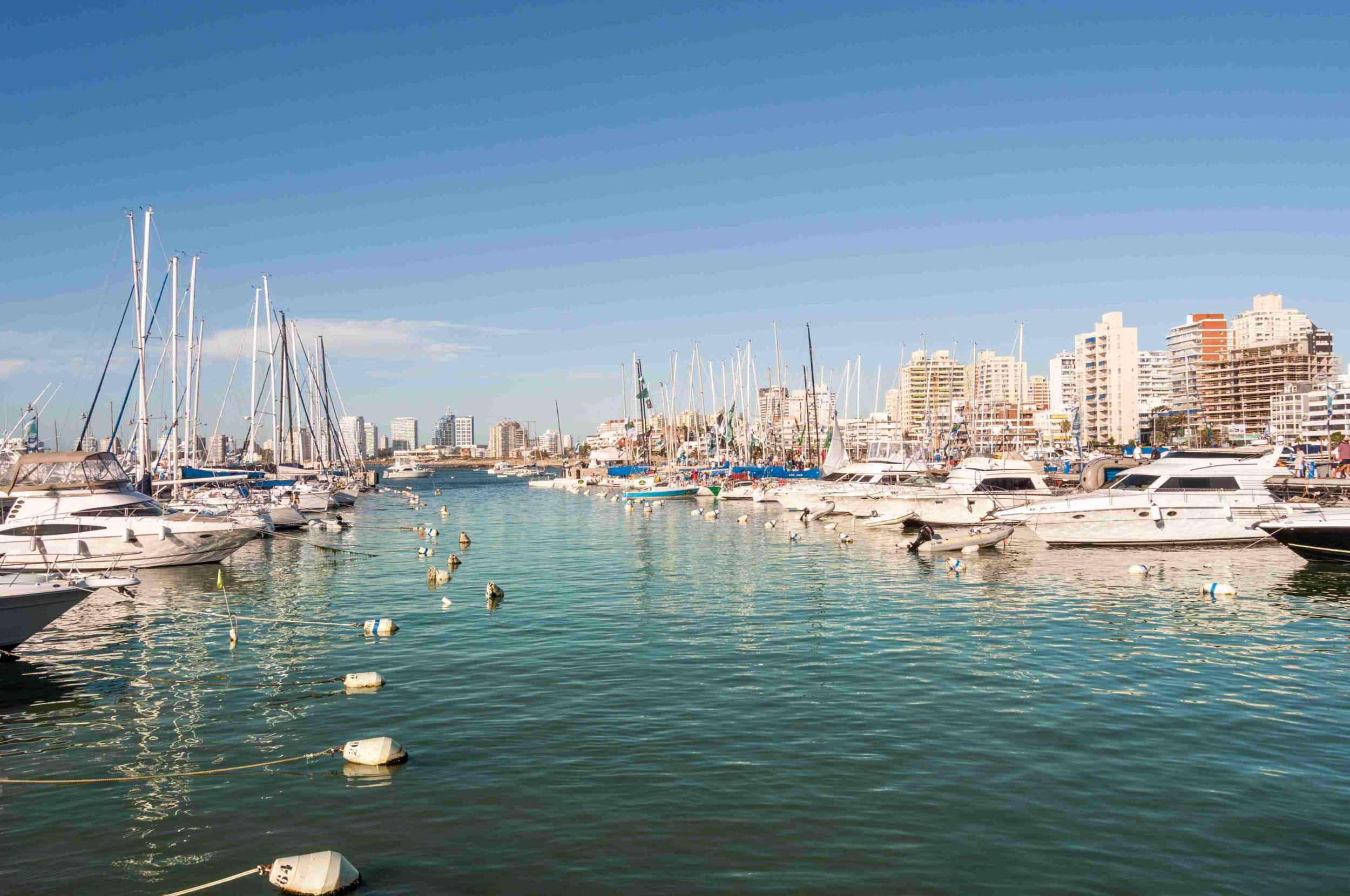LEARNING LAB: MCR2030 Workshop: The path from planning to funding and implementation of solutions
The MCR2030 Learning Lab: The pathway from planning to financing and implementing local solutions seeks to contribute to achieving the Sendai Framework for Disaster Risk Reduction Priority 3: Investing in disaster risk reduction for resilience. It also links directly to SDG's 11 & 13 (targets 11.a, 11.b, 13.1, 13.a).
Access to finance is one of the biggest obstacles faced by local governments when it comes to strengthening their resilience. The MCR2030 initiative, based on strategic regional and global partnerships, seeks to bridge this gap to support local governments to move from planning to implementation. To achieve this, it provides opportunities for governments to be connected to flows and tools that enable them to improve their capacity to access financing for resilience and climate action.

